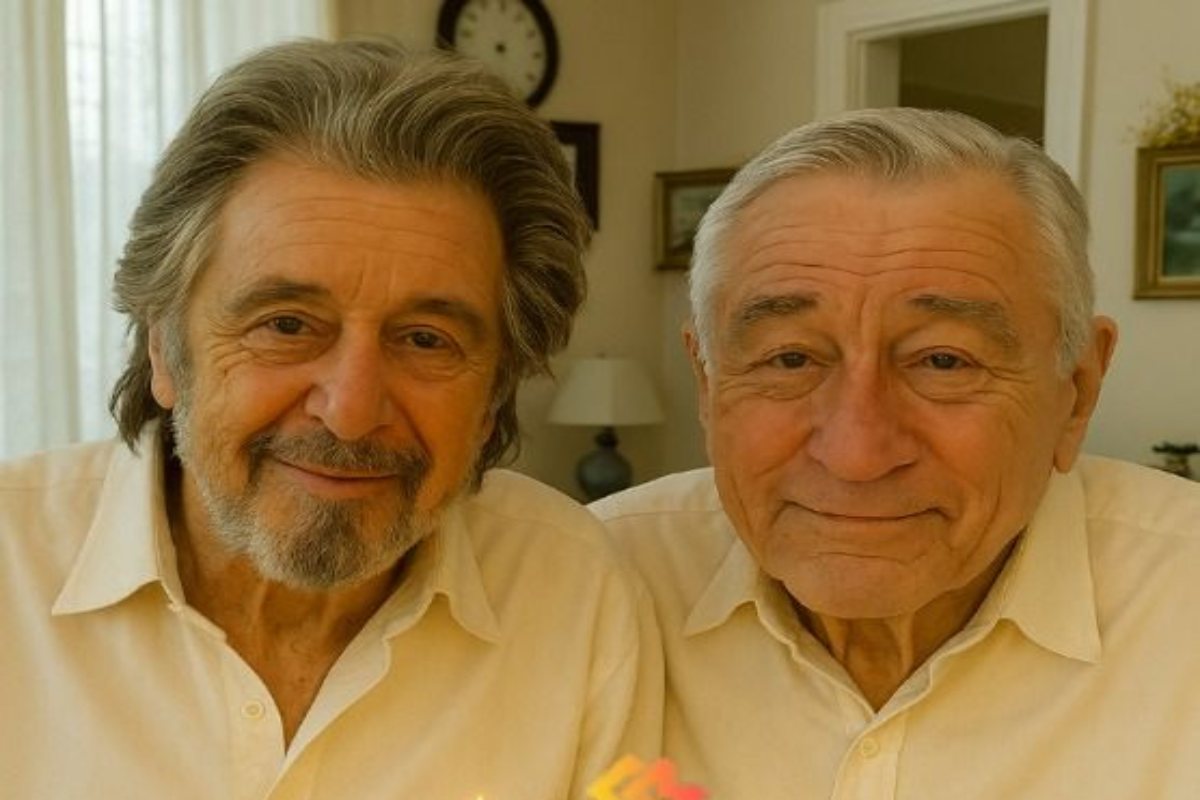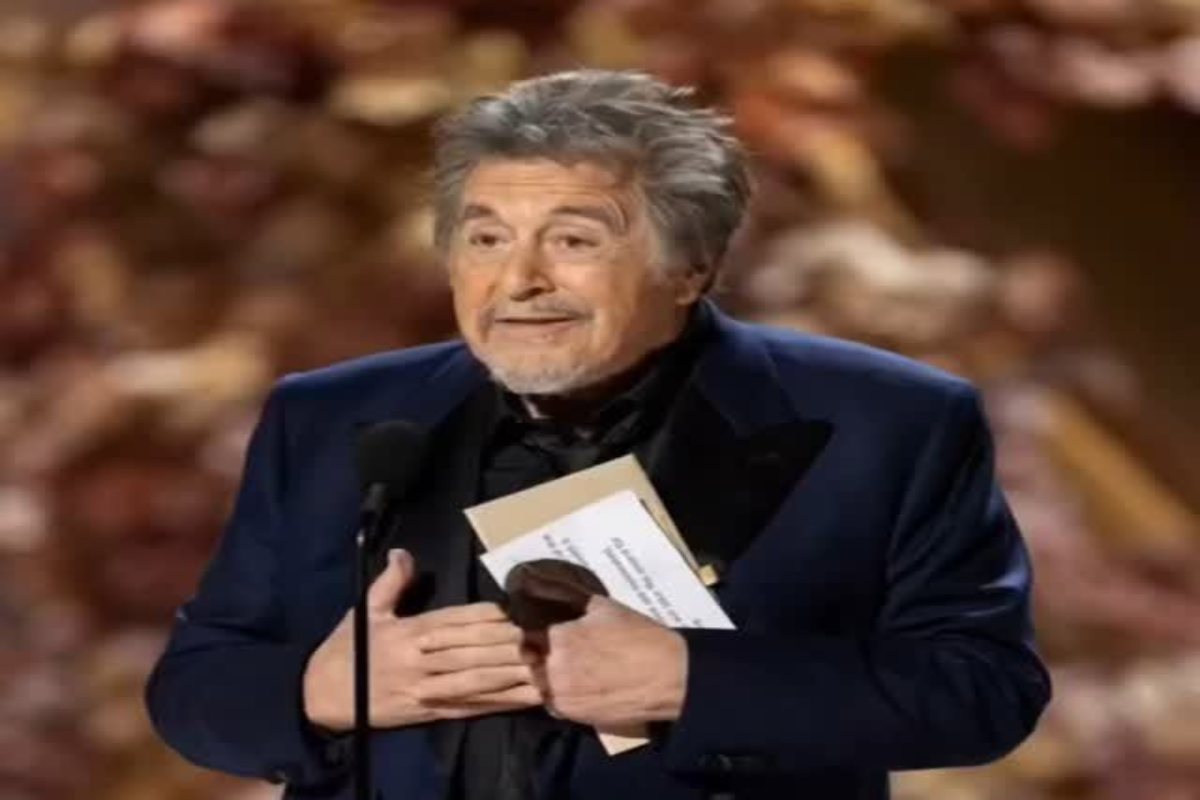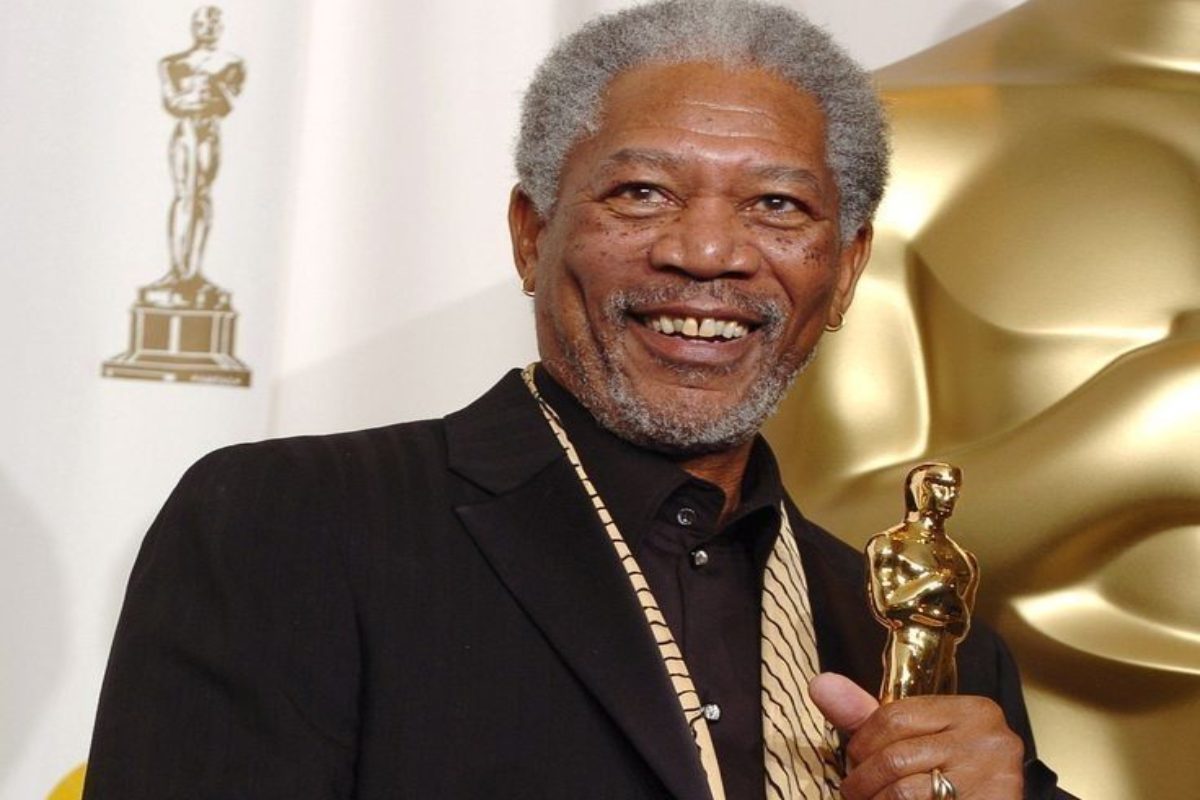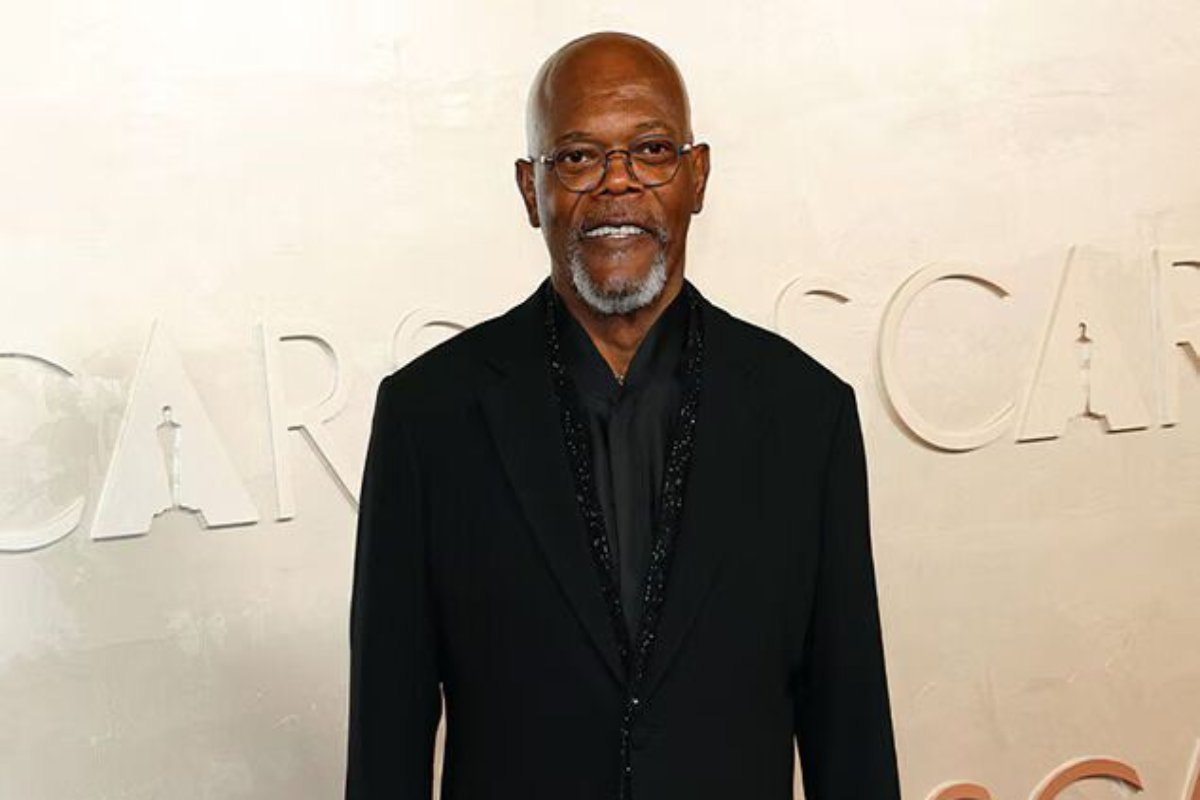Cinema has always been a reflection of society, capturing not only stories but also the struggles, values, and ambitions of an era. In the late 1990s, filmmakers experimented with bold narratives that blended action, realism, and raw emotion. Among the most notable films of that decade was the 1999 sports drama co starring Al Pacino, a movie that continues to inspire discussions on leadership, ambition, and the sacrifices tied to competitive sports. Like many famous American actors, Pacino’s performance carried the weight of an era. Its legacy endures as one of the defining sports dramas in Hollywood history.
The Cinematic Landscape of the 1990s
The 1990s were an experimental time for Hollywood, where filmmakers sought to push boundaries by merging traditional genres with socially conscious storytelling. Sports dramas in particular gained momentum, moving beyond simple underdog tales to deeper explorations of character and society. Studios invested heavily in movies that could combine thrilling game-day action with complex human struggles. This creative atmosphere set the stage for films that resonated with both audiences and critics, elevating sports dramas into powerful cultural conversations.
Oliver Stone’s Vision and Direction
Director Oliver Stone was already known for his fearless storytelling and ability to dissect American culture with unflinching honesty. His interest in tackling the world of professional sports came from recognizing its overlap with politics, money, and media spectacle. In the 1999 sports drama co starring Al Pacino, the film transformed into more than just a football story—it became an allegory about life, ambition, and the struggle for survival. Stone’s directorial choices, from handheld cameras to quick-cut editing, gave the movie a gritty realism that immersed viewers into the chaos of the game.

Al Pacino’s Iconic Role
At the heart of the 1999 sports drama co starring Al Pacino was his unforgettable portrayal of Coach Tony D’Amato. Pacino infused the role with both gravitas and vulnerability, embodying a man torn between his fading influence and his love for the game. His performance was layered, capturing the conflicts of leadership, loyalty, and personal sacrifice. One of the film’s most enduring moments remains his motivational locker room speech, which has transcended the world of cinema to become a cultural touchstone for athletes, executives, and leaders alike.
Jamie Foxx and the Rise of a Star
Jamie Foxx’s role in the film marked a pivotal point in his acting career, transitioning him from comedic performances into dramatic territory. As the young and ambitious quarterback, his character symbolized generational change, pushing back against the traditions represented by Pacino’s coach. Foxx brought charisma and authenticity to the role, earning respect from critics and audiences alike. On his Hollywood actors biography, this breakthrough is highlighted as a defining moment that paved the way to his later Academy Award–winning triumphs.
Cameron Diaz’s Business-Driven Character
Cameron Diaz brought sharp energy to her role as the franchise owner, representing the growing corporate influence in professional sports. Unlike many sports dramas that marginalize female roles, her character carried authority and control, often clashing with Pacino’s coach over decisions both on and off the field. Diaz’s portrayal highlighted the tension between tradition and modern business, showing how power in sports extends beyond the field of play. Her presence in the film balanced the testosterone-driven energy with a fresh, commanding perspective.
Themes of Power, Sacrifice, and Identity
One of the reasons this film resonates decades later is its exploration of timeless themes. At its core, the movie examined power—whether in the locker room, the boardroom, or on the field—and the costs associated with it. Sacrifice emerged as a recurring motif, with characters forced to give up personal health, relationships, and dreams in pursuit of fleeting success. The struggle for identity also played a key role, as athletes navigated their sense of self amidst fame, expectations, and physical decline.
The Memorable Locker Room Speech
Pacino’s locker room speech became the centerpiece of the 1999 sports drama co starring Al Pacino. Delivered with raw intensity, it perfectly encapsulated the essence of teamwork, resilience, and perseverance. The speech has since been replayed countless times in sports broadcasts, motivational seminars, and classrooms, underscoring its cultural importance. What made it unforgettable was Pacino’s ability to blend performance with authenticity, turning a scripted moment into a universal message about the struggles of life itself.
Cinematic Techniques and Realism
Oliver Stone used dynamic camera work to simulate the chaos of professional football, often placing viewers in the middle of bone-crunching tackles and heated confrontations. Quick edits and multiple perspectives heightened the tension, making audiences feel as though they were on the field. The film also employed authentic sports consultants and real athletes to maintain credibility. This dedication to realism set it apart from earlier sports dramas, making it a visually intense and emotionally gripping experience.
Critical Reception and Audience Response
Upon release, the film divided critics, with some praising its raw intensity and others questioning its chaotic style. Yet audiences embraced it, recognizing its boldness and willingness to address uncomfortable truths about professional sports. The performances, particularly Pacino’s and Foxx’s, drew widespread acclaim, and the movie became a cultural talking point. Over time, appreciation for the film has only grown, with modern critics acknowledging its ahead-of-its-time commentary on fame, money, and identity in athletics.
Legacy in Sports and Popular Culture
The impact of this movie extends well beyond the cinema. It continues to influence how sports films are written, directed, and performed. Its themes are cited in motivational speeches, while its imagery has been referenced in music videos, advertisements, and even political campaigns. Coaches and athletes still watch scenes for inspiration, proving its relevance more than two decades later.

Key aspects of its legacy include:
-
Influence on motivational speaking and leadership training
-
Inspiring future sports dramas with complex narratives
-
Remaining a cultural reference point in popular media
Comparisons With Other Sports Dramas
When placed alongside other sports films, this one stands out for its boldness and complexity. Unlike typical underdog stories, it avoided romanticizing the sport, instead shining light on its darker realities. Comparisons are often made to classics like Hoosiers and Rocky, but this film carved its own identity by merging spectacle with hard-hitting social critique. Its ability to remain both entertaining and thought-provoking ensures its continued place among the greatest sports dramas ever made.
The Film’s Influence on Future Generations
Aspiring filmmakers, actors, and athletes often cite the movie as a source of inspiration. Its combination of strong performances, innovative direction, and fearless themes continues to resonate with those seeking to tell meaningful stories. Sports dramas released in the 2000s and beyond often carried echoes of this film, proving its long-lasting influence. The next generation continues to analyze its lessons on leadership, teamwork, and resilience, making it a timeless piece of cinematic history.
Conclusion
The 1999 sports drama co starring Al Pacino remains one of the most influential films of its genre. Through its compelling performances, bold direction, and unflinching look at the realities of professional sports, it left a mark that continues to inspire both cinema and culture. By addressing universal themes of power, sacrifice, and perseverance, the film transcended sports to become a story about life itself. More than two decades later, its relevance has only grown, ensuring its place in the pantheon of great American dramas.
Frequently Asked Questions (FAQs)
What is the 1999 sports drama co starring Al Pacino about?
It tells the story of a professional football team facing internal struggles, leadership challenges, and the tension between tradition and modern business in sports, as portrayed in the 1999 Sports Drama Co Starring Al Pacino.
Who directed the film?
The movie was directed by Oliver Stone, known for his raw and realistic approach to storytelling.
Why is Al Pacino’s role considered iconic?
His portrayal of Coach Tony D’Amato delivered a powerful balance of vulnerability and authority, highlighted by his unforgettable locker room speech.
How did the film impact sports culture?
It influenced motivational speaking, sports training, and even corporate leadership discussions, while also shaping future sports dramas.
Why is the movie still relevant today?
Its themes of power, sacrifice, and identity remain universal, making it relatable across generations and industries beyond sports, as highlighted in the 1999 Sports Drama Co Starring Al Pacino.






